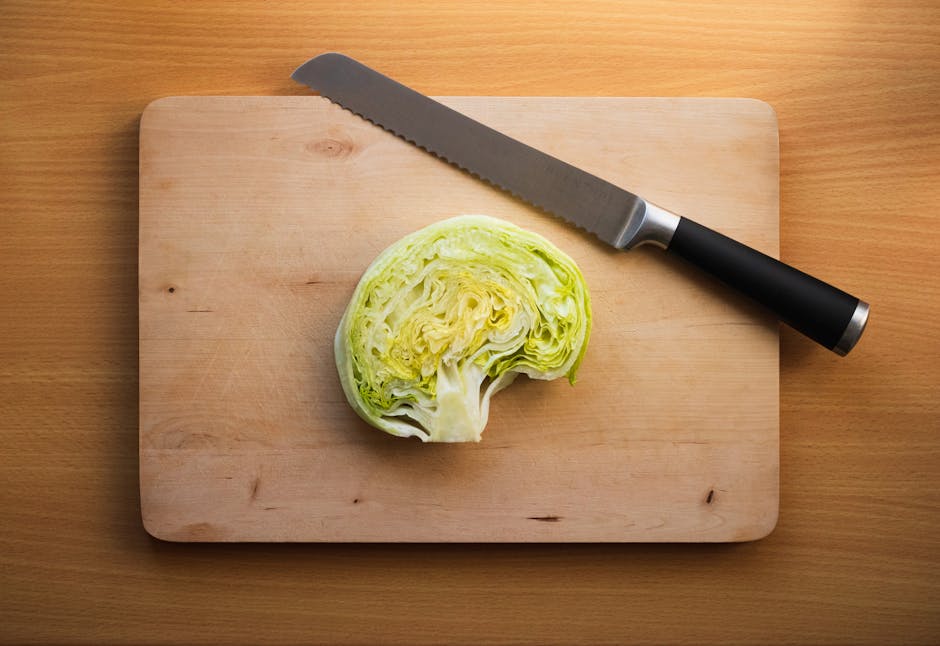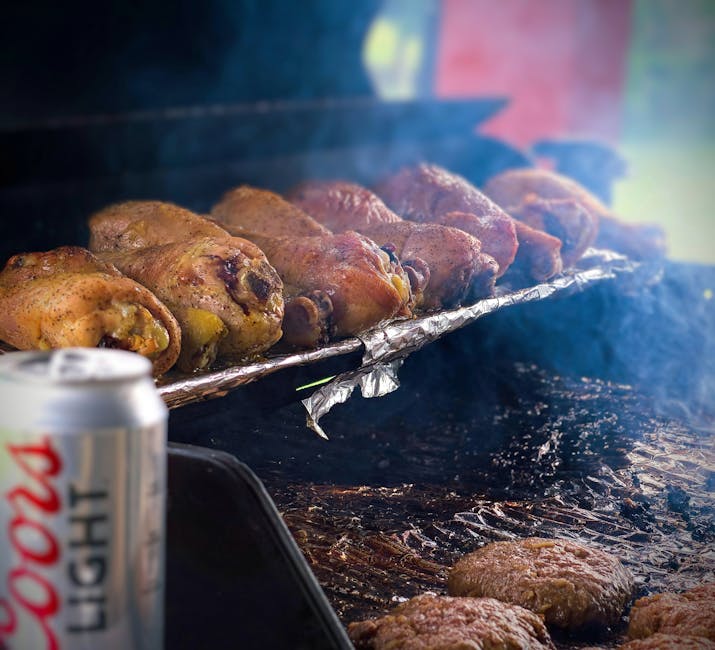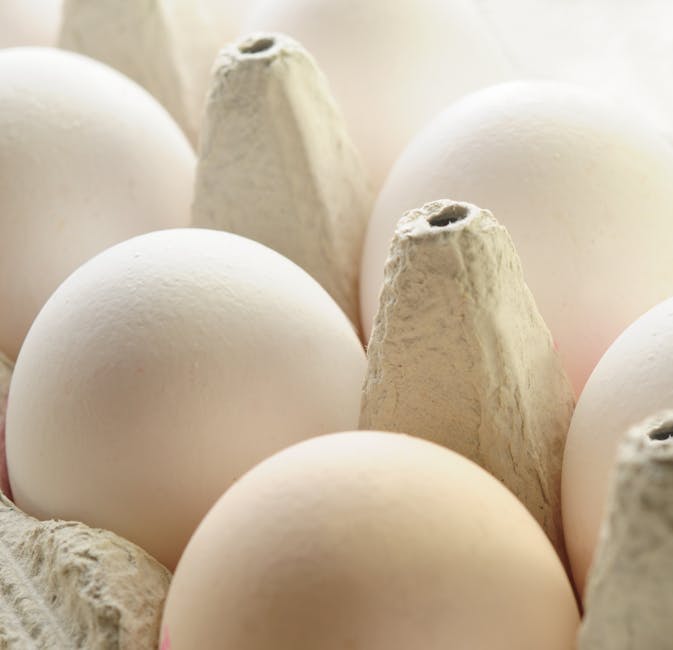Understanding the Cysteine-Free Diet
The cysteine-free diet, while not a widely recognized or medically-endorsed dietary approach, is followed by individuals with specific metabolic conditions or sensitivities. Cysteine is a sulfur-containing amino acid crucial for various bodily functions, including the synthesis of proteins, glutathione (a powerful antioxidant), and taurine (involved in bile acid conjugation and neurotransmission). However, some individuals believe that limiting or eliminating cysteine from their diet can alleviate certain symptoms or improve specific health markers. This diet requires careful planning and should only be undertaken under the guidance of a qualified healthcare professional.

Who Might Consider a Cysteine-Free Diet?
The cysteine-free diet is generally not recommended for the general population. However, it might be considered in very specific circumstances, such as individuals experiencing:
- Sulfite Sensitivity: Sulfites are preservatives found in many foods and beverages. The body metabolizes sulfites, producing sulfates that can interact with cysteine metabolism. Some individuals with sulfite sensitivities might find that a cysteine-restricted diet helps manage their symptoms.
- Specific Metabolic Disorders: In rare instances, certain metabolic disorders might benefit from a modified diet that limits cysteine intake. This should be determined and overseen by a geneticist or metabolic specialist.
- Autoimmune Conditions: Some individuals with autoimmune conditions speculate that cysteine might play a role in inflammation. While there isn’t strong scientific evidence supporting this, some individuals experiment with a cysteine-restricted diet as a potential management strategy. This should always be discussed with a doctor before implementation.
It’s vital to emphasize that the efficacy of a cysteine-free diet for these conditions is not well-established scientifically. More research is needed to confirm any potential benefits.

Foods to Avoid on a Cysteine-Free Diet
Eliminating cysteine completely is nearly impossible as it’s found in many protein-rich foods. The aim is often to significantly reduce cysteine intake rather than completely eliminate it. Foods high in cysteine include:
- High-protein animal products: Meat (especially red meat), poultry, fish, eggs, and dairy products are all significant sources of cysteine.
- Legumes: Beans, lentils, and peas contain moderate amounts of cysteine.
- Nuts and Seeds: While some nuts and seeds are valuable for overall health, many contain cysteine and should be consumed in moderation or avoided entirely.
- Processed foods: Many processed foods contain added cysteine or ingredients that indirectly contribute to higher cysteine levels in the body.
- Certain vegetables: While most vegetables are generally low in cysteine, some contain small amounts and should be considered based on individual tolerance.
Foods to Include on a Cysteine-Free Diet
Focusing on foods naturally lower in cysteine is key. This includes:
- Fruits: Most fruits are low in cysteine. Berries, citrus fruits, and melons can be valuable additions to a cysteine-reduced diet.
- Vegetables (carefully selected): Choose vegetables known for their low protein content. Leafy greens, certain root vegetables, and some low-protein vegetables are often tolerated better.
- Grains (in moderation): Some grains are lower in cysteine than others. Consult with a nutritionist for guidance on suitable grains and portion sizes.
- Healthy fats: Avocado, olive oil, and coconut oil provide healthy fats crucial for overall health.
Potential Benefits and Risks of a Cysteine-Free Diet
Potential Benefits (Based on anecdotal evidence, not conclusive scientific studies):
- Reduced inflammation: Some individuals report reduced inflammation, but this needs further research.
- Improved sulfite tolerance: A cysteine-restricted diet might help some individuals with sulfite sensitivities better manage their symptoms.
- Improved gut health: A well-planned cysteine-reduced diet might inadvertently support gut health by emphasizing whole, unprocessed foods.
Potential Risks:
- Nutrient deficiencies: Restricting protein-rich foods can lead to deficiencies in essential amino acids, vitamins, and minerals.
- Muscle loss: Adequate protein intake is vital for muscle growth and repair. A severely restricted diet can contribute to muscle loss.
- Weakened immune system: Cysteine is essential for glutathione production, an important antioxidant supporting immune function. Severe restriction may weaken the immune system.
- Fatigue and weakness: Lack of sufficient protein and essential nutrients can cause fatigue and weakness.
- Headaches and digestive issues: These can be side effects of nutritional deficiencies or sudden dietary changes.
Creating a Cysteine-Free Meal Plan
It’s crucial to work closely with a registered dietitian or nutritionist experienced in managing restrictive diets. They can help you create a personalized meal plan that meets your nutritional needs while minimizing cysteine intake. Here are some general guidelines:
Breakfast Ideas:
- Fruit smoothie with coconut milk and chia seeds
- Oatmeal with berries and nuts (in moderation)
- Scrambled eggs (limit quantity; consider egg whites only)
Lunch Ideas:
- Large salad with leafy greens, low-protein vegetables, and healthy fats (like avocado or olive oil)
- Vegetable soup (avoid legumes)
- Quinoa salad (in moderation, monitor cysteine content)
Dinner Ideas:
- Baked or steamed vegetables
- Small portion of poultry or fish (consider lean options)
- Vegetable stir-fry with brown rice (in moderation)
Important Considerations
Before starting a cysteine-free diet, consult with your doctor or a registered dietitian. They can assess your health status, identify potential risks, and help you develop a safe and effective meal plan. Regular monitoring of nutrient levels through blood tests is highly recommended to prevent deficiencies. This diet is highly restrictive and not suitable for everyone. The information provided here is for educational purposes only and does not constitute medical advice. Always seek professional guidance before making significant dietary changes.

Frequently Asked Questions (FAQs)
Q: Is a cysteine-free diet safe for everyone?
A: No, a cysteine-free diet is not safe for everyone and should only be undertaken under strict medical supervision. It can lead to serious nutrient deficiencies.
Q: Are there any supplements that can help compensate for cysteine restriction?
A: Consult with your doctor or a registered dietitian before taking any supplements. They can help you determine if supplementation is necessary and which supplements are appropriate for your specific needs.
Q: How long should I follow a cysteine-free diet?
A: The duration of a cysteine-free diet should be determined by your healthcare provider, based on your individual needs and response to the diet. It’s not meant to be a long-term solution for most individuals.
Q: Can I follow a cysteine-free diet while pregnant or breastfeeding?
A: No, it’s not advisable to follow a cysteine-free diet during pregnancy or breastfeeding, as this can negatively impact both your health and your baby’s development. Consult with your obstetrician or healthcare provider for personalized dietary recommendations.
Q: What are the long-term effects of a cysteine-free diet?
A: The long-term effects of a cysteine-free diet are not well-studied. It’s essential to work with a healthcare professional to monitor your health and ensure you’re meeting your nutritional needs. Prolonged deficiencies in essential nutrients can have serious health consequences.

